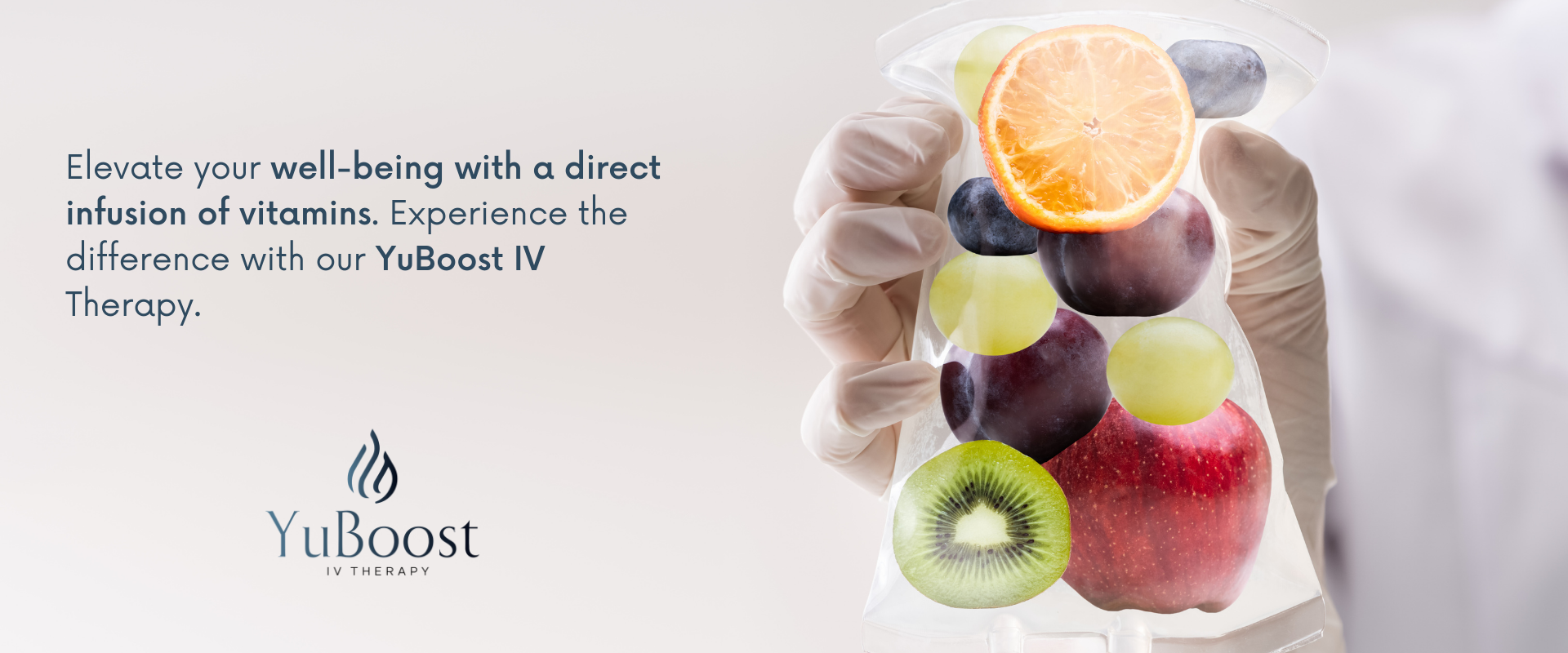How can you tell if you have a vitamin deficiency?
Vitamins are split into two categories: water-soluble vitamins, which dissolve in water (vitamins B and C) and fat-soluble vitamins, which dissolve in fat (vitamins A, D, E and K). Every vitamin plays a role in our body’s good health: cell and energy metabolisms, skin healthiness, iron absorption, mental faculties, immune defences, etc. They provide a host of benefits. Vitamins are, above all, assimilated through food and the digestive process. A deficiency may, however, appear for different reasons: an insufficiently varied diet, the body has difficulties absorbing vitamins, smoking, some diseases, etc. Deficiencies are commonplace for vegetarians and vegans, whose food intake is low in products of animal origin, as well as for seniors, who tend to assimilate vitamins less well.
The body’s vitamin needs
Regular intake of vitamins is indispensable to stay healthy. The following amounts are recommended for adults (18 and over) on a daily basis:
| Type of vitamin B | For women | For men |
| B1 | 1,1 mg | 1,2 mg |
| B2 | 1,1 mg | 1,3 mg |
| B3 | 14 mg | 16 mg |
| B5 | 5 mg | |
| B6 | 1,3 mg | |
| B8 | 30 mcg | |
| B9 | 400 mcg | |
| B12 | 2,4 mcg | |

These recommendations are for information purposes only and may vary from one person to another: for example, they’ll be higher for pregnant and breastfeeding women, for top sportspeople, etc.
Signs and symptoms of vitamin deficiency
When a vitamin deficiency occurs, it can result in various symptoms, which will differ depending on the type of vitamin lacking. Generally-speaking, tiredness is felt as well as muscle weakness, joint pain, less energy and even a reduction in immunity defences. Insufficient iron in the blood or anaemia, often accompanied by paleness and dizziness, are also warning signs. Digestive disorders can occur, as well as dermatological reactions such as dry skin, dark sports on the skin, swelling of the tongue, cracked mouth, bleeding gums, hair loss and brittle nails. If you notice some of these symptoms, it’s likely that you have a vitamin deficiency.
A blood test to identify specific deficiencies
A blood test can detect the presence of certain common deficiencies, such as vitamins D, K, B1, B6 or B12. It’s more difficult to obtain a reliable estimation of the amount of vitamins C, A and E in the blood. Here, at YuBoost, you may be invited to take a blood test during your first IV therapy so that we can offer you the treatment best suited to your needs.
Remedying a vitamin deficiency
Once the deficiency has been identified, you may opt for a supplement, via intravenous injection, for example. This ensures your body receives the vitamins, minerals (magnesium, zinc) and antioxidants (glutathione) it needs directly in the bloodstream and, as such, your symptoms will be rapidly relieved. YuBoost’s team of qualified nurses can administer the infusion in your own home, in your workplace or in your hotel room, whichever you prefer, as we wish to offer you the best possible treatment conditions. The IV injection, which lasts between 45 and 60 minutes, is a highly-effective solution for remedying vitamin deficiency; you may feel its benefits just a few hours after the infusion.









